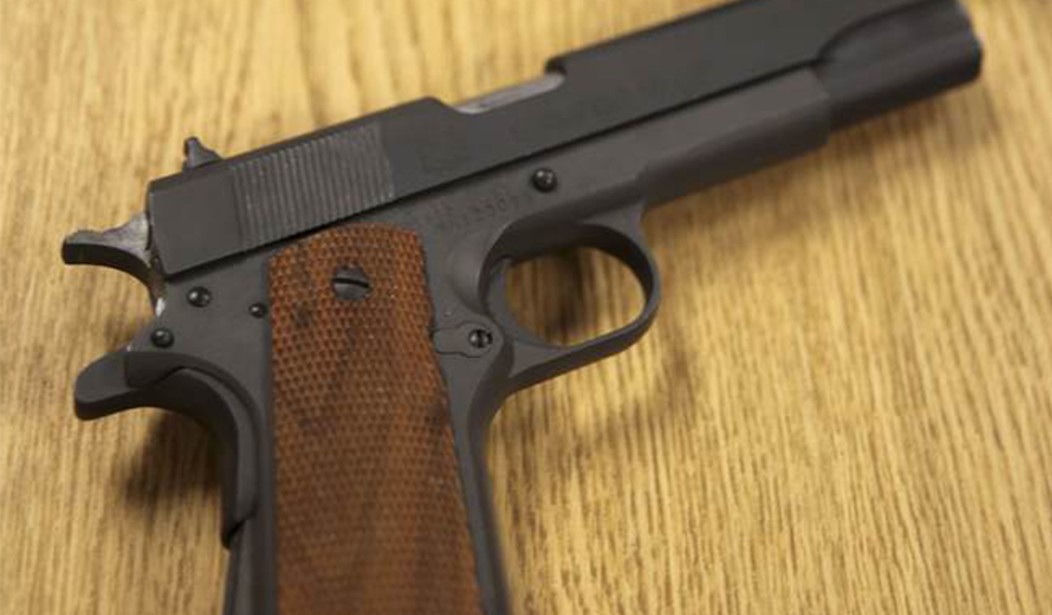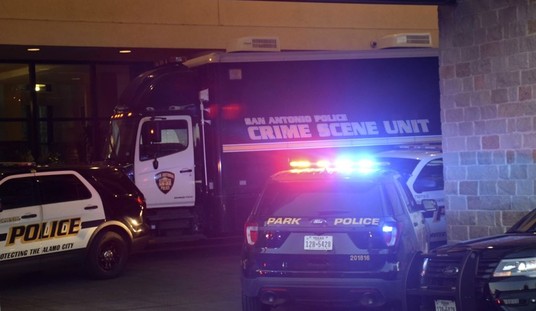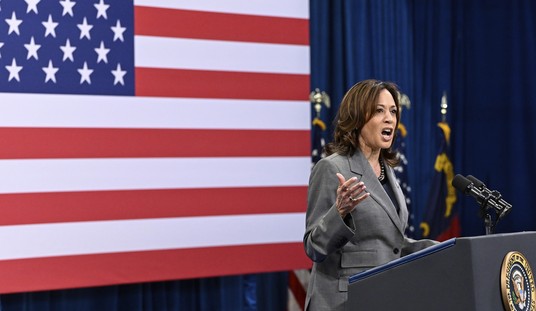After almost a year of waiting, a Texas man has learned that he won’t be facing any criminal charges for shooting and killing a robber who was armed with what turned out to be a fake gun in a Houston taqueria last January. It was January 5th, 2023 when 30-year-old Eric Eugene Washington strolled into the restaurant and announced a stick-up, scooping up money and belongings from patrons at gunpoint. Washington was walking towards the front of the restaurant, gun still in hand, when an armed patron drew his own gun and fired at Washington as he passed by.
Up to that point, there wasn’t much of a question that the patron was acting in defense of himself and other customers. It’s what happened next that had some activists demanding the armed citizen be charged.
Video of the shooting appears to show the man shoot Washington, who lurches forward before collapsing on the ground. The customer then moves toward Washington, shooting at him several more times while he’s lying face down on the ground.
Police said the shooter collected stolen money from Washington’s body and returned it to the customers who had been robbed. First responders pronounced Washington dead at the scene.
Customers, including the man who allegedly shot Washington, all left the scene before officers arrived, police said. Only employees and the owner remained. But the man later met and talked with detectives.
The big question before the grand jury was whether the patron still had a reasonable belief that the armed robber posed a threat to life and limb after he crumpled to the ground. If so, the additional shots fired would be justified under Texas law, but if not the customer could have faced any number of charges, including murder.
“When he shot him the first time, he was well within the law. But, when he turned right back around and directly [and] shot him again, now you have made yourself an actual criminal,” Dr. Candice Matthews said.
The shooting was caught on camera and made national headlines.
The defense attorney for the customer says he feared for his life and acted in self-defense, but community leaders say he used excessive deadly force.
Activist Quanell X and Matthews, who is with the Rainbow Push Coalition, says they don’t condone the actions and behavior of the suspect who robbed the restaurant with customers inside but said the patron who shot the man went from law-abiding to breaking the law.
…
“He has a right to defend himself. He had a right to protect himself. He had a right to use deadly force, but he went beyond that, and he stood over that young man and pumped bullet after bullet into him. That’s overkill. That’s no longer self-defense,” Quanell said. “So, I believe the Harris County District Attorneys should make sure that a grand jury returns a criminal indictment.”
A prosecutor can’t “make sure” a grand jury returns an indictment, and this was always going to be a challenging case for prosecutors. Jurors had access to all of the surveillance footage from the restaurant, but they also heard at least some testimony about Washington’s criminal history, including the fact that he was out on bond at the time he was shot and killed. Washingon was previously convicted of aggravated robbery in 2015, but served just six years of a fifteen-year sentence before he was paroled in 2021. In December of 2022, just a month before his robbery attempt, Washington was arrested and charged with aggravated assault of a family member but had bonded out and was back on the streets when he decided to hold up the taqueria.
The armed patron was a much more sympathetic figure; a regular guy just out for a bite to eat who says he fired until Washington no longer posed a threat, and then returned the money that Washington had taken at gunpoint to the other customers in the restaurant. Even if a grand jury had returned an indictment I think it would have been difficult for prosecutors to convince a jury to send the armed citizen to prison, but as it turns out prosecutors couldn’t even get a grand jury to bring charges in the first place.
It’s not an easy case, but based on the information available to the public I can see why the grand jury declined to indict the armed citizen. I wouldn’t be surprised if activists like Quannell X decry the grand jury’s decision as condoning vigilantism, but my guess is that prosecutors simply weren’t able to convince the jury that the armed citizen no longer had a reasonable fear of death or great bodily harm after he fired his first shot. Without that element, there is no case against the armed citizen, and an indictment would have been an injustice to the patron who believed he was protecting his own life and the lives of others in the restaurant on that cold January night.








Join the conversation as a VIP Member